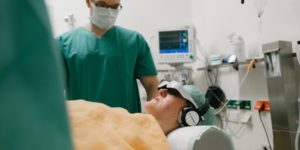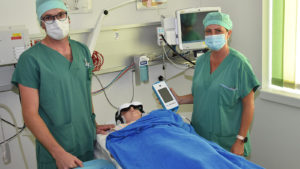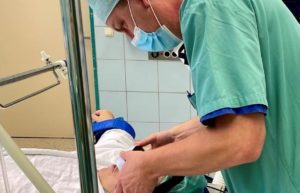Nervous patients calm down with HappyMed
Less anxiety, stress & sedatives for patients. Rely on audiovisual sedation with our video glasses!
Nervous patients calm down with the HappyMed video glasses!
Less, Anxiety, Stress & Sedatives During Medical Procedures. patient satisfaction. Use the HappyMed video glasses!
Nervous patients calm down with the HappyMed video glasses!
Less, Anxiety, Stress & Sedatives During Medical Procedures. Use audiovisual distraction instead of medication-induced sedation. Minimize associated risks such as delirium. Improve patient satisfaction at the same time. Use the HappyMed video glasses!
THE SOLUTION
Audiovisual Sedation with the HappyMed video glasses
HappyMed immerses your patients in another world. Travel and nature documentaries, comedies or classical concerts calm patients down and provide positive distraction. The video glasses were especially developed for application in the medical field and have been certified as class I medical devices. Easily manageable, intuitive, hygienic, mobile and ready-to-use!
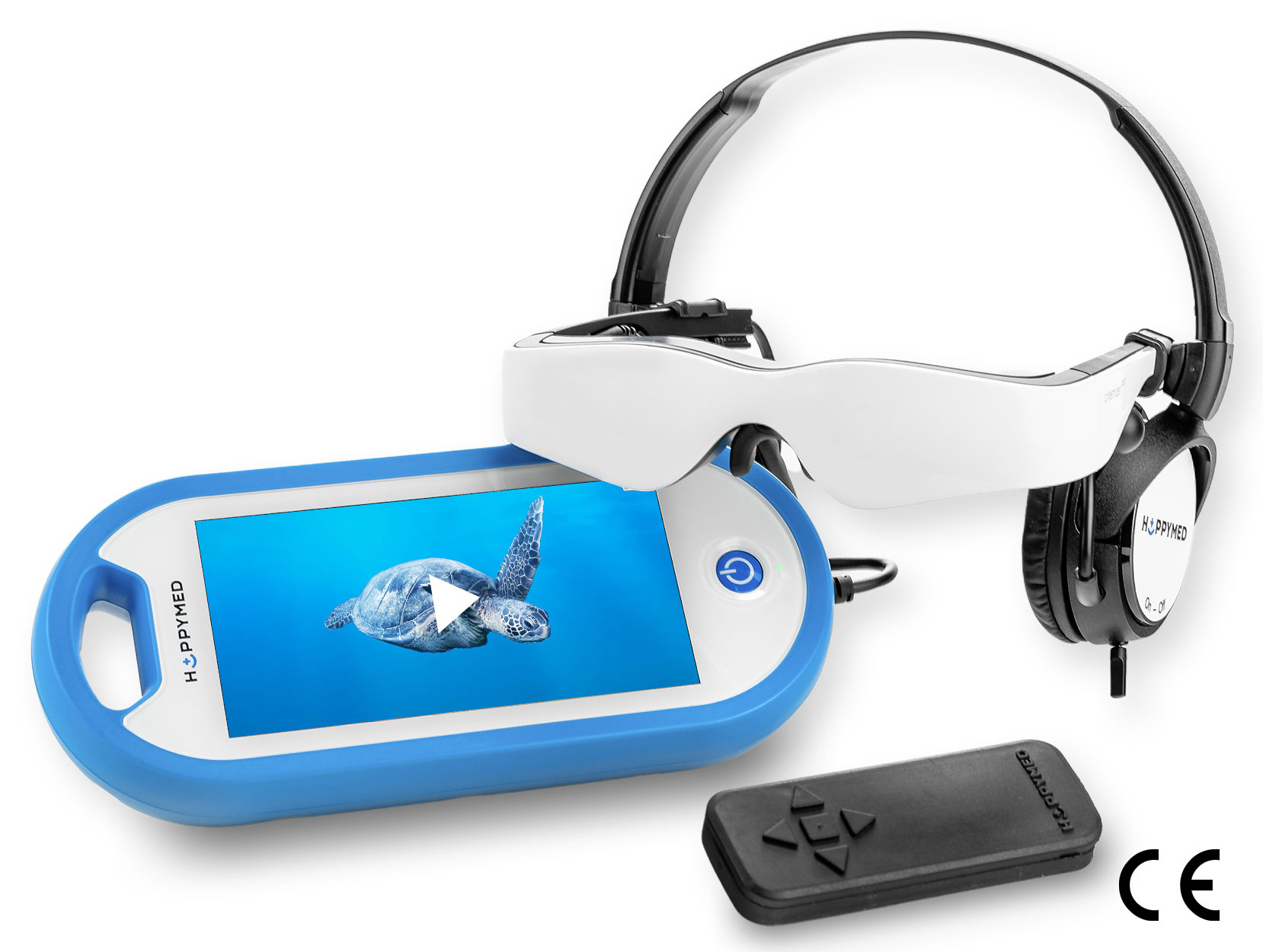
EFFECTIVELY
Relaxed patients and relieved employees
70 %
of patients feel more relaxed during the procedure .
75 %
of the employees find the treatment more relaxed.
80 %
In 80% of the procedures , sedatives can be reduced .
92 %
of patients would use HappyMed again .
70 %
of patients feel more relaxed during the procedure .
75 %
of the employees found the treatment situation more relaxed .
80 %
In 80% of the procedures, sedatives can be reduced .
92 %
of patients would use HappyMed again
PROVEN
Used in over 200 clinics





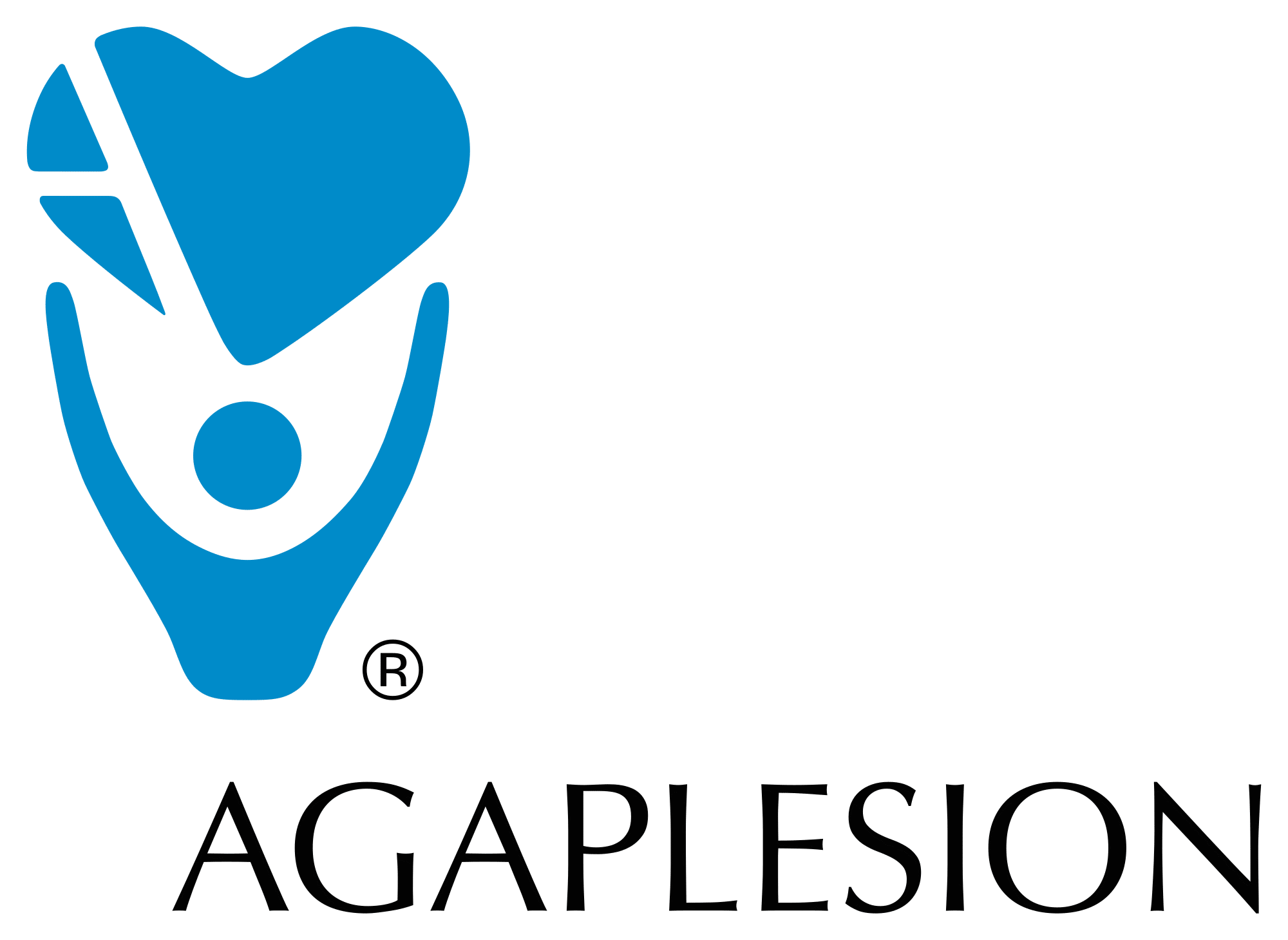
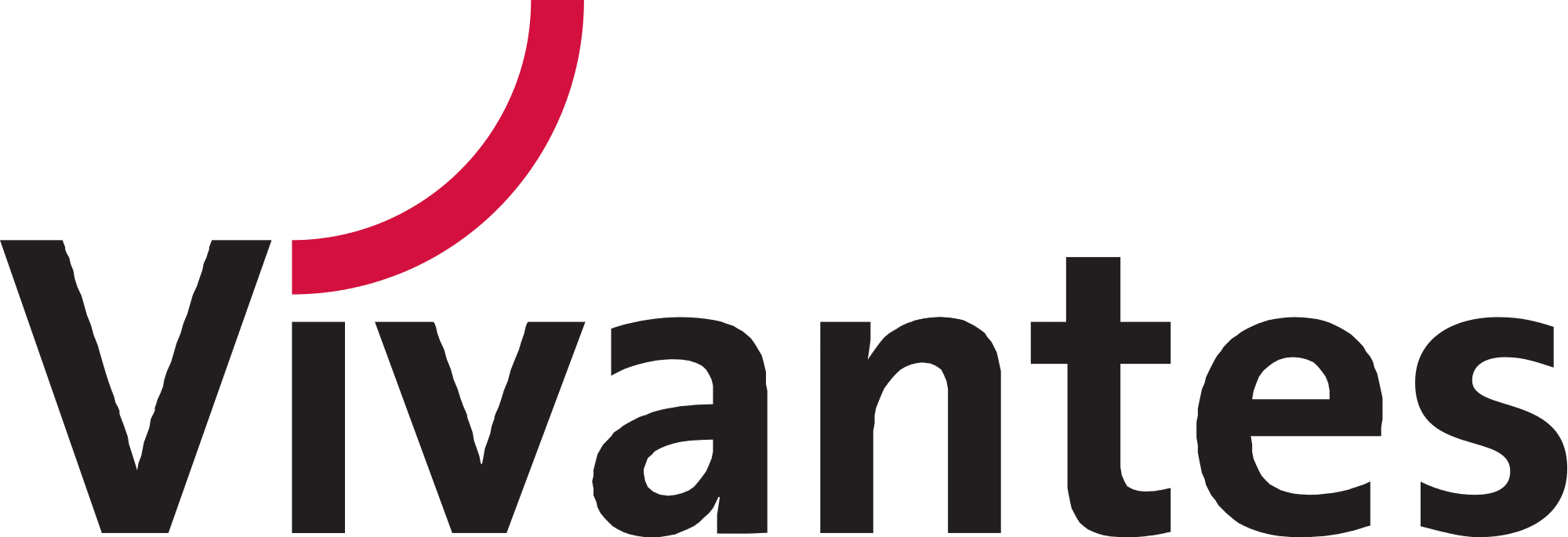
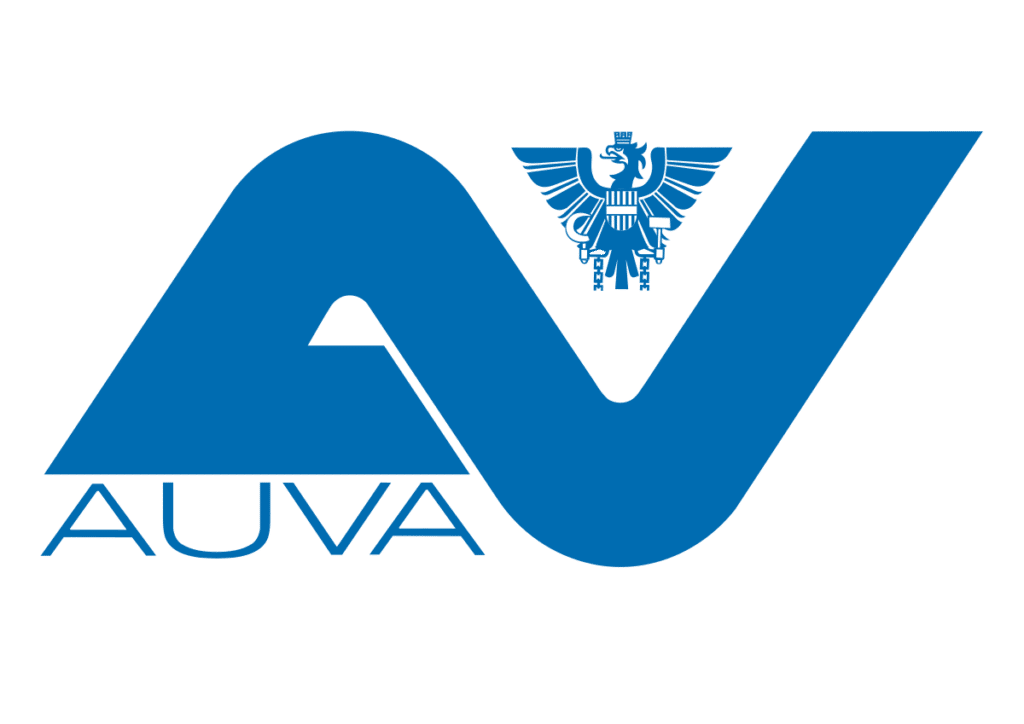


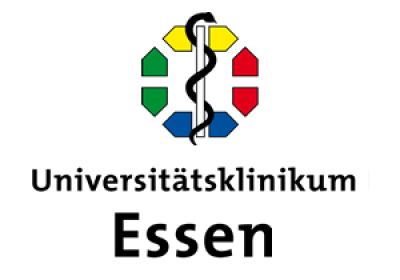
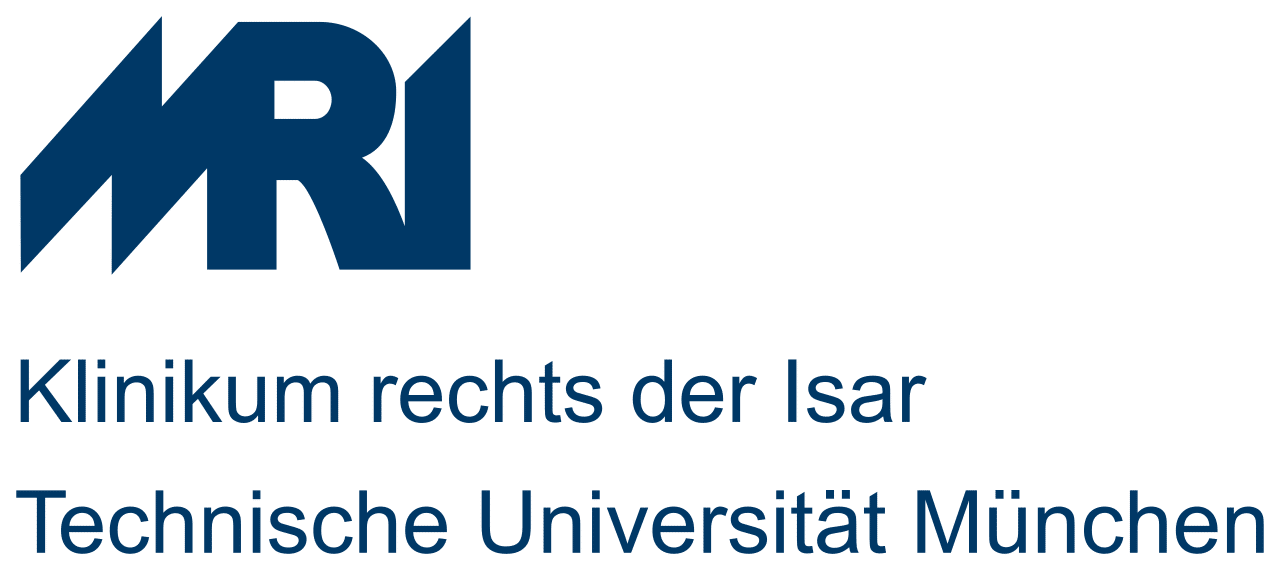




HAPPYMED WORKS
ZDF reports on the use of knee surgery under partial anesthesia
BEFORE, DURING AND AFTER MEDICAL TREATMENTS
Let your patients immerse themselves in a different world of vision and sound ...
… so that scary sensory impressions take a back seat and that. The feeling of stress, fear and pain is reduced.
BEFORE, DURING AND AFTER MEDICAL TREATMENTS
Let your patients immerse themselves in a different world of vision and sound ...
BEFORE, DURING AND AFTER MEDICAL TREATMENTS
Let your patients immerse themselves in a different world of vision and sound ...
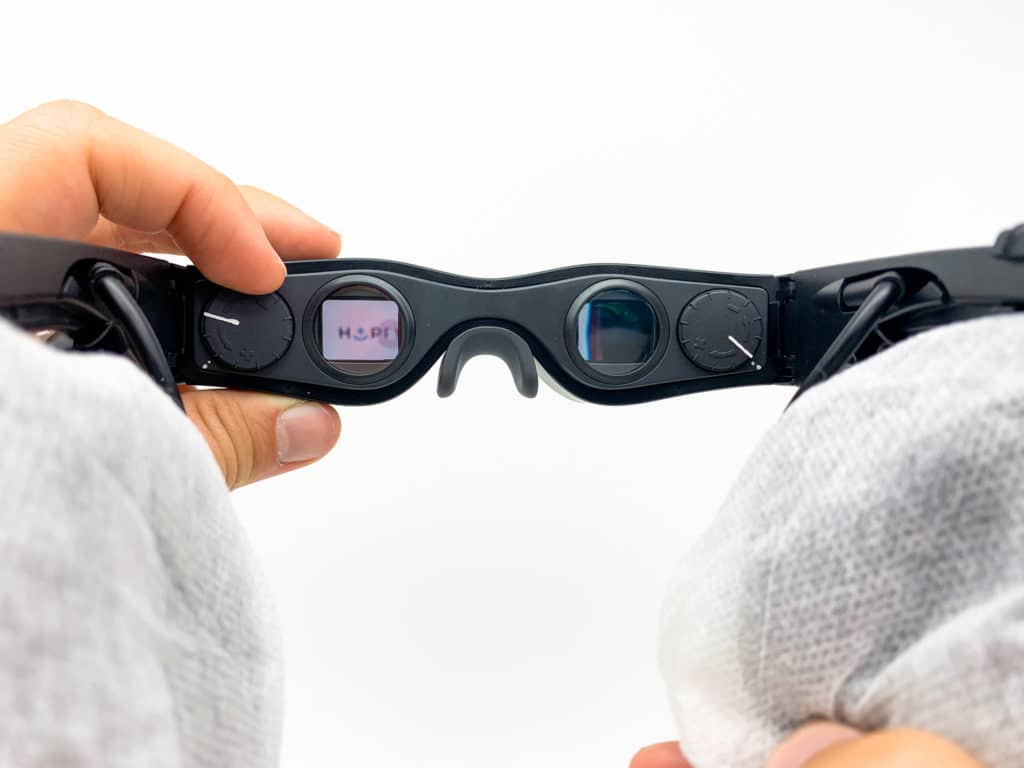
THE PROBLEM
Anxiety & stress lead to an increased patient risk
Studies show that medical interventions cause anxiety and stress in many patients. Additional medication is a common response to this problem. That results in longer length of stay in the hospital, more medical complications and higher personnel costs. Audiovisual sedation is a positive, alternative solution.
MEDIA OFFER
Over 80 videos distract visually and acoustically
The film program offers entertainment or relaxation for all ages – even for children.

Documentation

Classical concerts

Children's films

Opera & Ballet
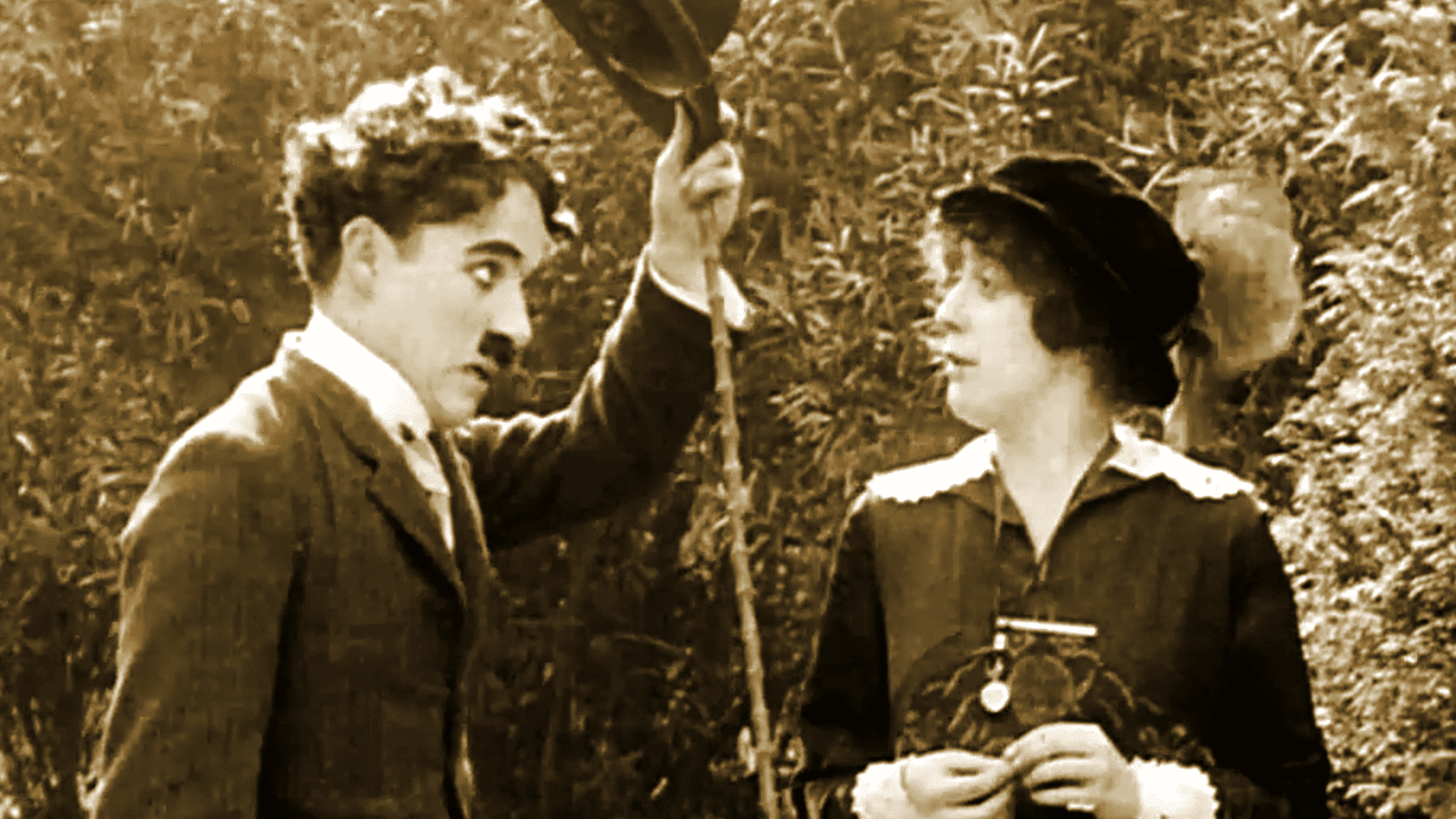
Classic films
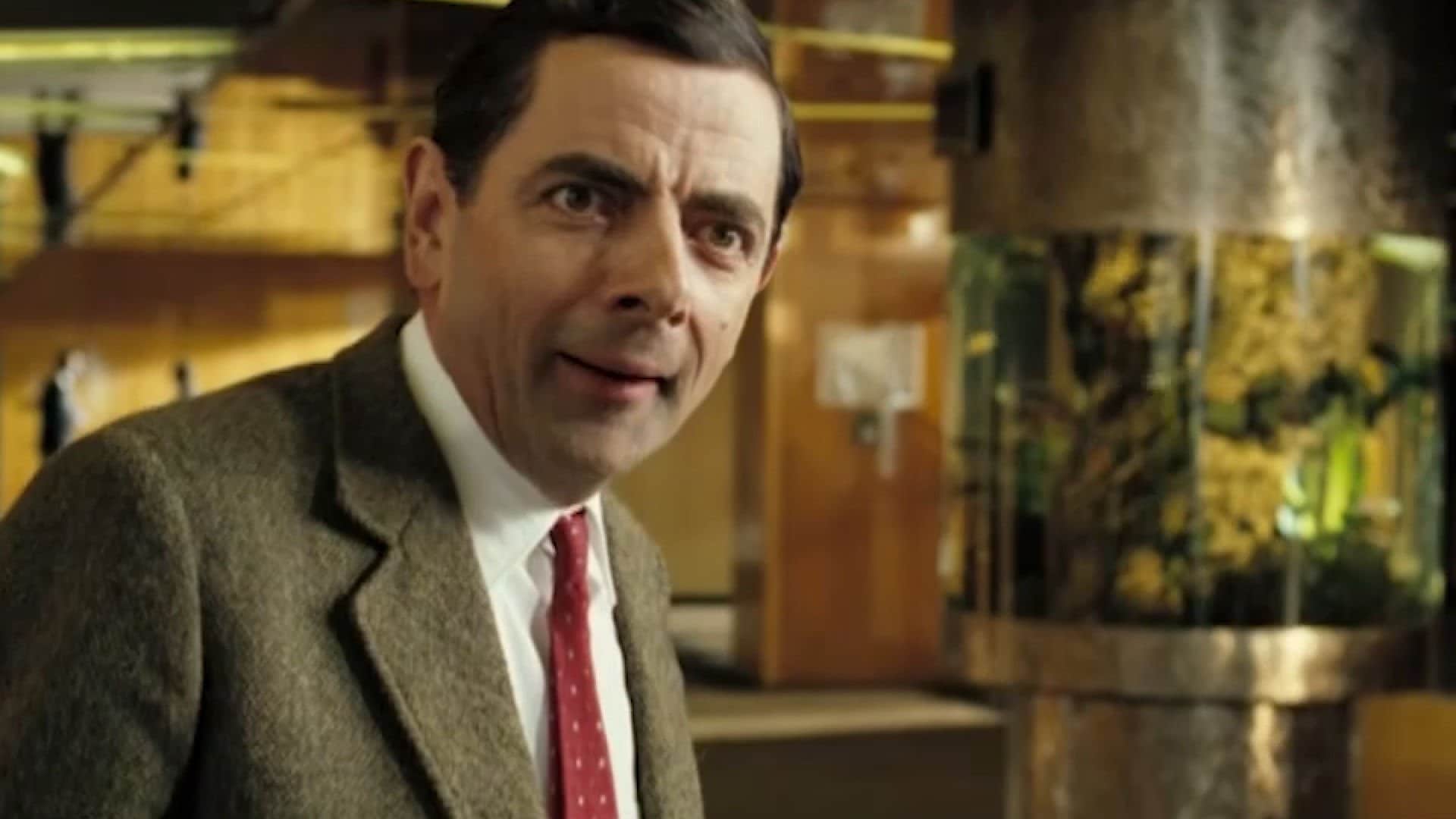
Hollywood feature films

travel

Nature & relaxation

Follow the Sun (19 min)
FREQUENTLY USED IN
Anesthesia
In the induction and recovery rooms for general anesthesia as well as during operations with regional anesthesia.
Cardiology
For percutaneous transluminal coronary angioplasty (PTCA), percutaneous transluminal angioplasty (PTA), transcatheter aortic valve implantation (TAVI) and electrophysiological examination of the heart (EPU).
Oncology
For radiation therapy , infusion therapy and bone marrow punctures.
YOUR ADVANTAGES
Benefits for professionals
- Reduce anxiety, stress, and pain sensation in patients.
- Increase the acceptance rate for regional anesthesia.
- Reduce drug sedation.
- Make your day-to-day work easier by reducing the risk of complications and the amount of care required.
- In summary: minimize patient risk and improve outcome.
For Clinic Management
- Relieve your anesthesia staff and reduce your personnel expenses.
- Save on medication costs.
- Generate media attention through the use of innovative medical technology.
- Increase patient satisfaction and the recommendation rate.
For Patients
- Quickly get other thoughts.
- Become calmer and can leave fear and stress behind.
- They are positively distracted and can more easily block out ambient noises (in the operating theater).
- Recover faster after medical procedures.
EXPERIENCE REPORTS
Chief physicians, medical directors & board members via HappyMed
We were amazed at the immediate positive effects, as well as at the acceptance in the clinics, by employees and patients.
"For us, the patient's well-being comes first - and for this we also like to use innovative and convincing technologies". We were amazed at the immediate positive effects, as well as at the acceptance in the clinics, by employees and patients. Patients breathe more slowly with glasses, their heart beats more calmly, the individual pain sensation decreases and so fewer medicinal sedatives are needed. Overall, the acceptance rate of gentle regional anesthesia instead of general anesthesia is increasing. Doctor and hospital phobias can also be positively influenced in this way. Ultimately, the use of video glasses leads to higher patient satisfaction, as the manufacturer has established. "
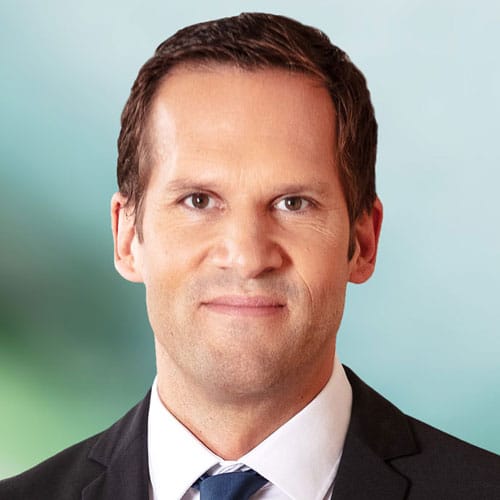
In practical application, we look forward to more relaxed patients.
"I remembered the HappyMed video glasses from a visit to the Capital Anesthesia Congress last year. I was immediately convinced of the benefits of audiovisual distraction for patients before, during, or after surgery. Since the beginning of the year we have successfully used 3 HappyMed video glasses at our clinic. In practical use, we are happy about more relaxed patients, in many cases we were even able to save sedative medication. That is a good outcome, with a lasting positive effect on the postoperative phase. "
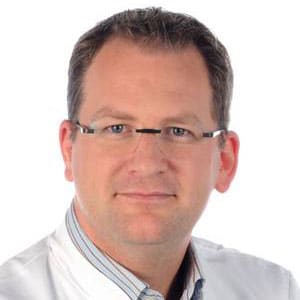
More patient comfort and treatment safety in the cardiovascular center.
"I am convinced that we can benefit from video glasses especially in the interdisciplinary heart and vascular center (HGZ). In close professional cooperation with my colleagues from various specialist areas, we are constantly working to improve patient comfort and treatment safety. We are therefore very pleased that we can make the treatment and hospital stay in the Sana Kliniken Lübeck much more pleasant for patients by using the video glasses. "
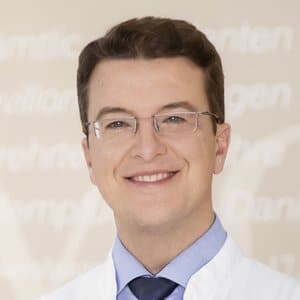
Oncological patients can forget the here and now for a while.
"In addition to the medical component in oncological treatment, we also have to think about the emotional world of our patients. There are many ways to do this, such as listening to music, watching films, reading books and much more. The idea of HappyMed, several of these, is interesting To connect components and to transport patients into a world that helps them to forget the here and now for a while. "
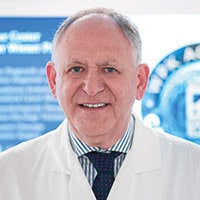
Less use of sedatives / anesthetics and faster regeneration after the operation!
“The top priority is to relieve our patients of fear and discomfort before a medical procedure. The Happymed video glasses support our individual patient treatment, lead to fewer sedatives / anesthetics and faster regeneration after the operation. "

Thanks to the HappyMed video glasses, patient acceptance of regional anesthesia procedures is also increasing.
Almost without exception, additional sedation can be completely dispensed with. Their use is therefore an effective measure to reduce postoperative cognitive deficit states with extended hospital stays - especially in older patients. HappyMed is therefore a win-win for both patient and hospital. "

"The inclusion of psychosomatic mechanisms in the treatment of anxious patients is particularly important in dentistry. HappyMed offers a recommended system as a complete solution in the field of audiovision."

"HappyMed provides a digital solution to a problem that we doctors have only been able to deal with with pharmaceuticals and good words."

We are totally satisfied. The employees have completely accepted the system.
And the patients are incredibly happy about it. They are really well distracted, they are completely relaxed. "
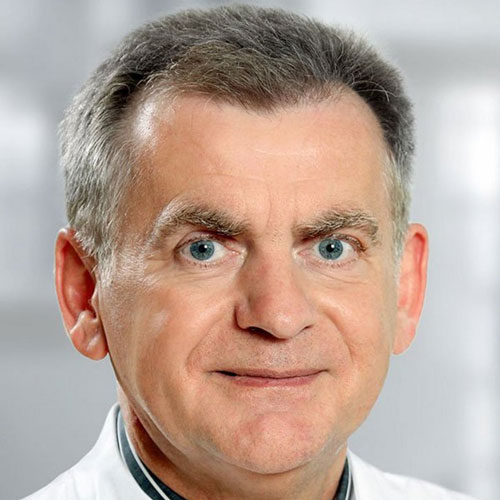
Audiovisual support during partial anesthesia, a great new opportunity!
"The problem with patients is often that they are afraid of this partial anesthetic because they do not want to hear anything about the operation, because they are afraid that the anesthesia will not work properly and say:" I want general anesthesia. " do not know about the risks of general anesthesia. This means that this method of audiovisual care for the patient during partial anesthesia is a great new opportunity. "
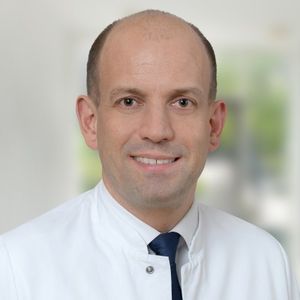
FOR CLINICS
Start with a free 14-day trial
Experience the effect and the advantages of the video glasses directly at your location, together with the specialist staff and with your patients. This is how the test runs in detail:
Inquiry and phone call
You send us an inquiry with your contact details. We will then contact you by phone, discuss a few details and make an appointment for the delivery.
Enrollment
As soon as you have received the video glasses, we will give you a brief introduction either by telephone or online video conference. (An appointment on site is currently not possible due to the corona situation). The test position is thus carried out completely contactless, online and over the phone.
Test
You can use the device to the full and test it for 14 days free of charge. The HappyMed video glasses are ready for immediate use. No installation or configuration is required. The operation of the system is child’s play and self-explanatory. During the test, all functions and all media on the video glasses are freely accessible to you.
Feedback discussion and offer
After the 14-day trial, we will have a short feedback discussion with you about how you experienced the deployment. If you are not convinced, we will have the device picked up at our expense. If you were enthusiastic, we will be happy to make you an offer and, if necessary, you can keep the video glasses from the test version.
VIDEO EXPERIENCE REPORTS
Doctors & patients about HappyMed
BLOG
Latest studies & evaluations
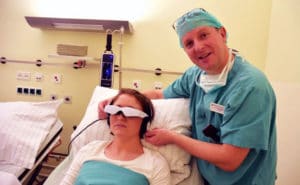
Video glasses instead of sedative pills: HappyMed in use in Helios clinics and the Leipzig Heart Center
Continue reading "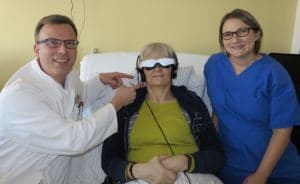
Reduced anxiety in 62% of patients – two evaluations in the Christophorus clinics
Continue reading "FAQ
Do you have another question?
The program offers either entertainment or relaxation for all ages – for children as well as for seniors. Patients can choose among feature films, comedies, documentaries, nature relaxation, classical concerts, and children’s series.
According to a survey in several clinics of a German chain of clinics (n = 110), 92% of the patients would use HappyMed again. The medical staff enjoy working with HappyMed in more than 80% of the cases. In 45% of the interventions, HappyMed can save on sedatives, painkillers or anesthetics. In 73% of these cases, medication could even be completely dispensed with.
Virtual reality glasses are very popular in the entertainment industry, but have some disadvantages in medical use in the OR. When wearing the virtual reality glasses, the patient should be able to move and turn his head; this is the only way to perceive the full environment. In the operating room, however, it does not make sense for patients to move their head back and forth. It has also been found that virtual reality glasses can cause dizziness in some patients. Another disadvantage is the focus on the visual level. Patients are only distracted spatially and not acoustically. So you can perceive the surrounding noises and that in turn makes the calming effect more difficult. For these reasons, we at HappyMed use classic video glasses with headphones.
In the case of children, it is particularly useful to use it in the pre-operartive room. So you come to the operating room relaxed and only see the transfer from the bed to the operating table before the medical and film programs continue.
The video glasses are exclusively rented. The monthly subscription cost is just €199. That includes the complete system and the film licenses.
Device purchase is unfortunately not possible. The background to this is the ongoing license fees for the commercial use of the films and the management of the associated contracts, which means that HappyMed takes over the full curation of the content, including the management of the rights of use. Hospitals are thus comprehensively protected by law. The contents are also regularly updated and expanded. In addition to the medical advantages of calmer patients, there are also positive economic effects for the hospital. The audiovisual distraction saves drugs. Above all, it relieves the nursing staff in preparation for the operation and in the recovery room.
Medical interventions are associated with stress and anxiety . Some patients require higher doses of sedatives and / or analgesics for this reason. Frightened patients also opt for general anesthesia more often , even if, for example, the upcoming procedure would also be possible under regional anesthesia. The sequelae of higher drug doses etc. include the occurrence of postoperative delirium, a longer period of time before extubation or a longer stay in the recovery room. Taken as a whole, this results in an increased amount of care on the part of the anesthetists and nursing staff.
Examples with cost estimates:
- Patients who develop postoperative delirium have to stay an average of 4.2 days longer in the hospital and thus consume additional resources worth around € 1,200.
- Patients who were additionally pharmaceutically sedated before the regional anesthesia must be monitored in the recovery room for 2 hours after the operation. If you rate an hour in the recovery room with costs of approx. 600 €, this results in additional costs of 1,200 € for this one patient.
With the HappyMed video glasses there is a potential for savings through more regional anesthesiainstead of general anesthesia, through less pharmaceutical sedation, through a shorter time to extubation, through a shorter time in the recovery room, through a reduced risk of postoperative delirium and through the relief of the anesthesia and / or nursing staff.
In June 2021, for example, in the anesthesia department in the Schrobenhausen district hospital, the effect of HappyMed video glasses was examined on 88 patients over a period of 5 months . The evaluation not only dealt with the effect of audiovisual sedation on patients, but also included process-oriented topics such as the assessment of economic factors.
It was found here that the patient’s level of anxiety is significantly reduced through the use of glasses and that sedatives could be partially or completely reduced in over 80% of the interventions, according to the assessment of the treatment team.

